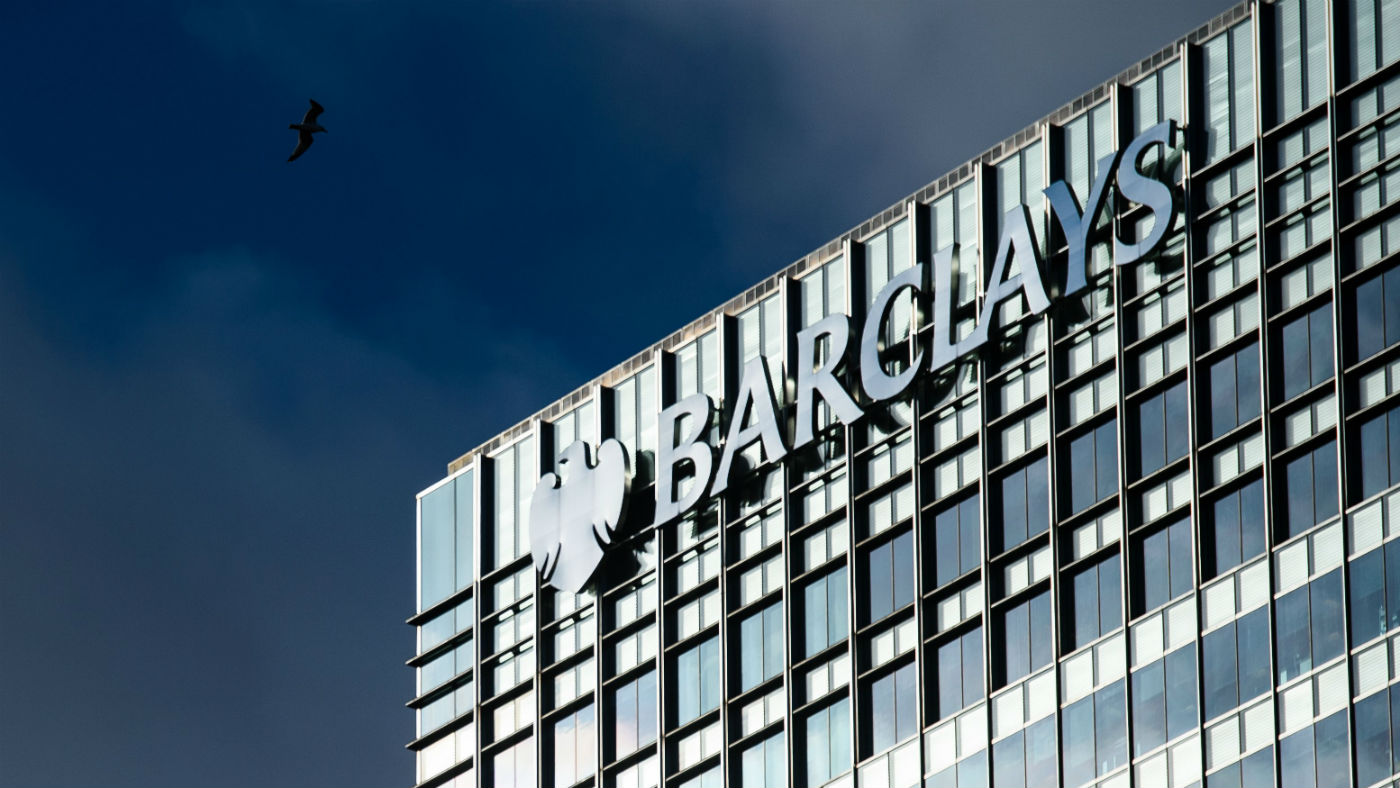Barclays’ Qatar bailout charges dismissed
Serious charges thrown out, in a ‘major setback’ for the Serious Fraud Office

A free daily email with the biggest news stories of the day – and the best features from TheWeek.com
You are now subscribed
Your newsletter sign-up was successful
The case relating to a £12bn loan Barclays received from Qatar at the height of the financial crisis has been thrown out by the Crown Court.
The charges were “potentially extremely serious”, says the BBC: if Barclays had been found guilty, it could have lost its banking licence.
In order to avoid a government bailout in 2008, the bank took a £12bn loan from state-owned Qatar Holdings. Under the terms of the deal, Barclays then loaned £2.3bn back to Qatar Holdings.
The Week
Escape your echo chamber. Get the facts behind the news, plus analysis from multiple perspectives.

Sign up for The Week's Free Newsletters
From our morning news briefing to a weekly Good News Newsletter, get the best of The Week delivered directly to your inbox.
From our morning news briefing to a weekly Good News Newsletter, get the best of The Week delivered directly to your inbox.
The Serious Fraud Office, which brought the case against the bank, alleged that that loan was used either directly, or indirectly, to buy shares in Barclays, a move they claim amounts to “unlawful financial assistance”.
The BBC’s business correspondent Simon Jack says charges of fraud are “a serious matter for a bank”, as a conviction can carry hefty financial and operational penalties, so the dismissal of the case is “clearly good news” for Barclays.
However, says The Guardian, it is a “major setback” for the only criminal case pursued by the SFO in connection with the 2008 financial crisis, although it has the right to appeal and is expected to do so.
Four former Barclays executives, including former chief executive John Varley, are due to go on trial next year accused of conspiracy to commit fraud in connection with the bank's fundraising effort in 2008.
A free daily email with the biggest news stories of the day – and the best features from TheWeek.com